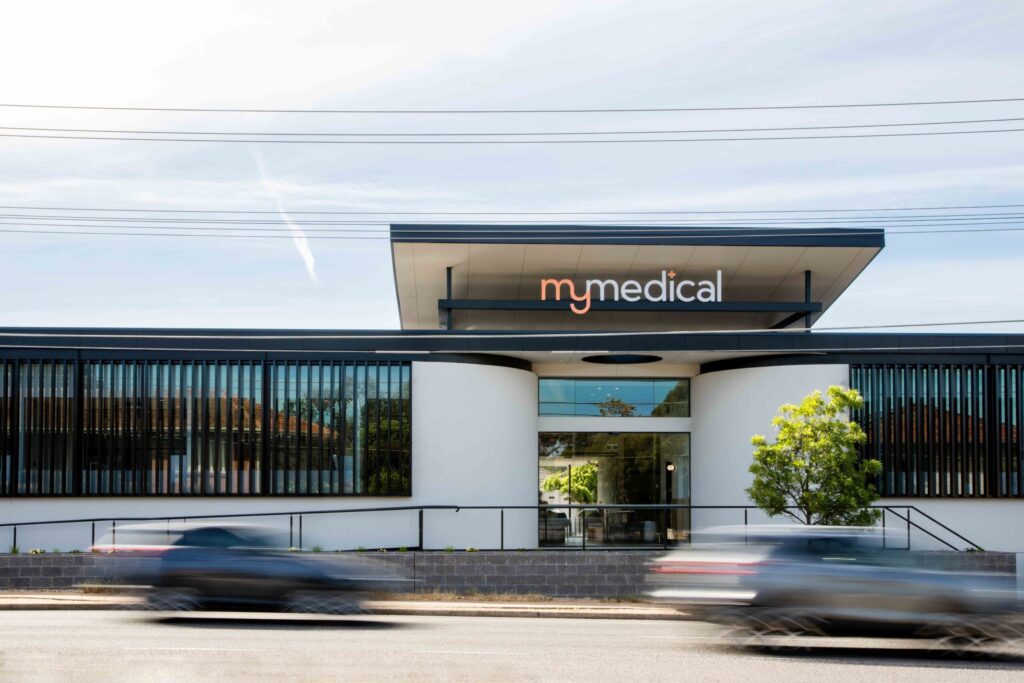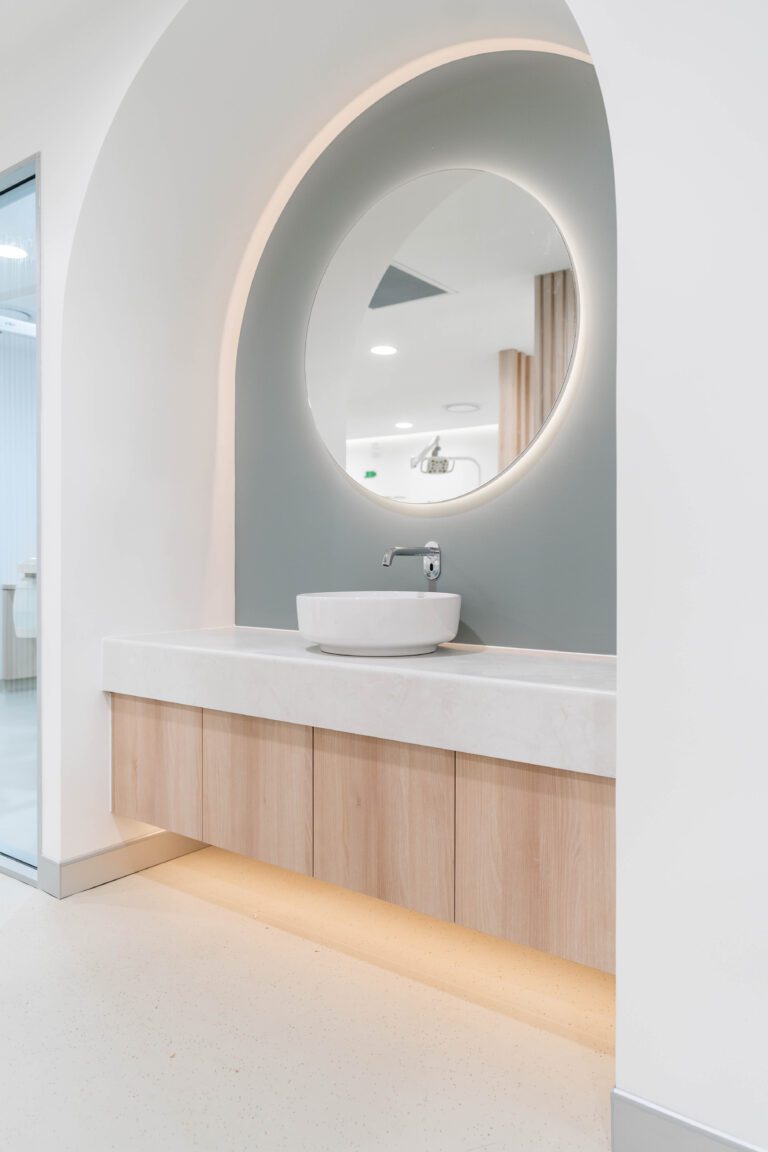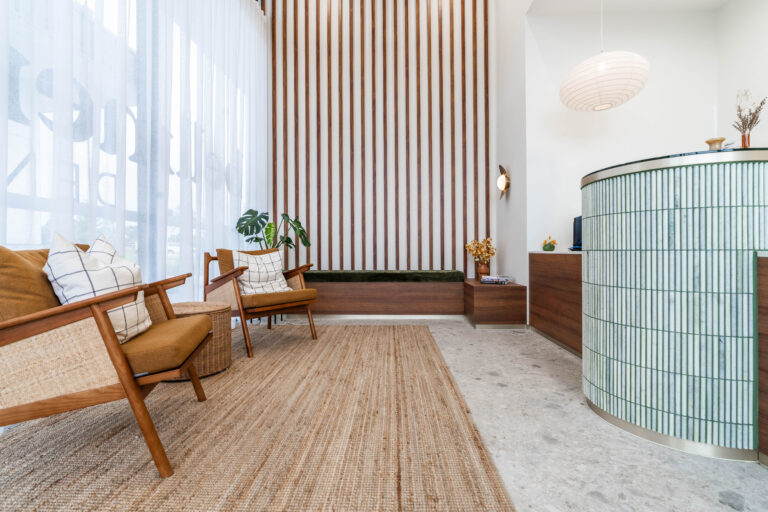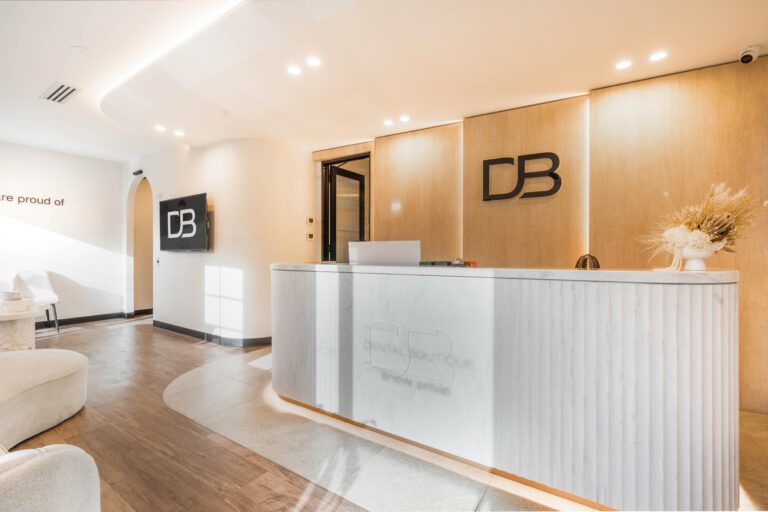Establishing a medical clinic in Australia can be a significant milestone for healthcare professionals and investors alike. Whether you’re a GP aiming to launch your own practice or an entrepreneur looking to create a specialised care centre, this journey requires more than just medical expertise. From navigating complex regulations to managing the logistics of setting up your clinic, success hinges on careful planning and attention to detail.
This guide will walk you through the essential medical clinic requirements in Australia, helping you establish a well-functioning, compliant clinic that serves the diverse needs of your community.
Navigating the Regulatory and Legal Landscape
Before you begin, it’s important to understand the key medical regulations for setting up your clinic in Australia. All healthcare professionals need to first be registered with the Australian Health Practitioner Regulation Agency (AHPRA) to be able to administer care. You’ll also need to register your clinic with Medicare so your patients can access rebates.
If you’re running a general practice, be sure to follow the Royal Australian College of General Practitioners (RACGP) standards. If you’re setting up a specialised clinic—like physiotherapy or mental health—you’ll need to meet the relevant guidelines for those services. Keep in mind that each state may have additional rules regarding zoning, health approvals, and building codes, so check both national and local requirements early in the process.
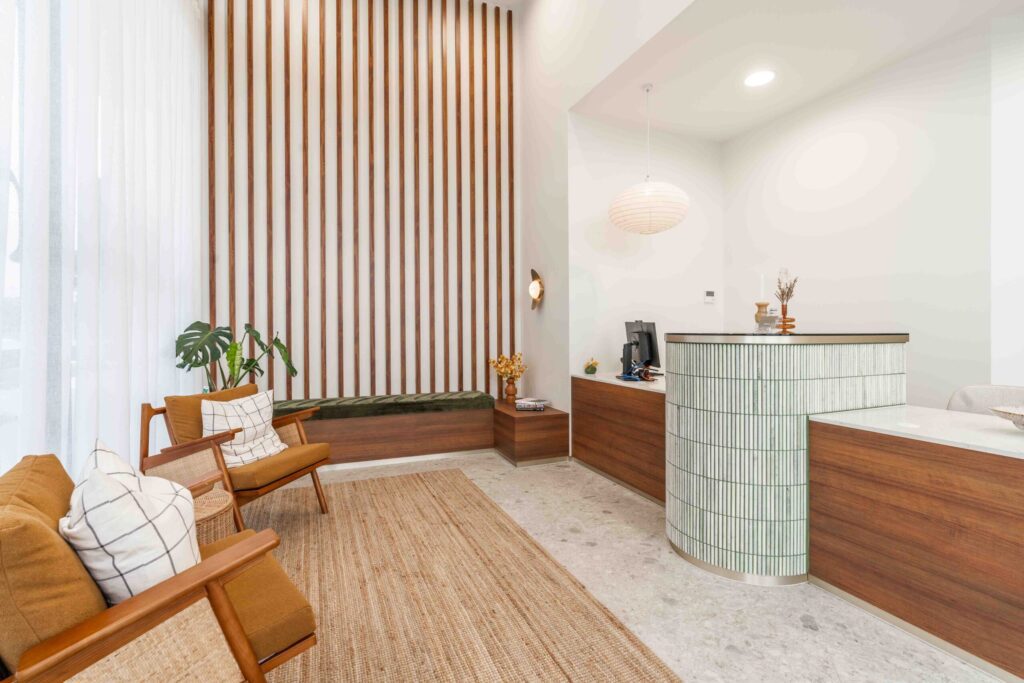
Designing a Functional Space
Once you’ve got the legal side sorted, it’s time to think about the physical space for your clinic. Your clinic’s layout significantly impacts patient experience and the efficiency of your workflow.
Here are some key areas to consider when looking for a building:
- Reception and waiting areas: This is where your patients’ experience begins, so it should be welcoming and functional. Comfortable seating, clear signage, and an easy flow from the waiting area to the treatment rooms can make all the difference.
- Consultation rooms: Privacy and efficiency are key here. These rooms need to be spacious enough for you to move comfortably while examining patients and equipped with everything you need for consultations.
- Treatment areas: If your clinic will be performing minor surgical procedures or treatments, these areas need to meet strict hygiene and infection control standards.
- Accessibility: You’ll need to comply with the Disability Discrimination Act 1992 (DDA), ensuring that your clinic is accessible to all patients, including those with disabilities. This means considering things like wheelchair-friendly entrances, accessible bathrooms, and wide enough hallways.
- Staff areas: Don’t forget about your team! Break rooms and administrative spaces are essential for staff to recharge and manage the day-to-day running of the clinic.
Each clinic will have slightly different design needs depending on whether it’s a general practice, specialist clinic, or multi-disciplinary centre. Partnering with a specialised medical fit-out team, like RiteSpace Construction, ensures your clinic not only meets regulations but is also customised to your specific needs.
Financial Planning for Your Clinic
Before you start making decisions about equipment, staffing, or even the design of your clinic, it’s important to map out your financial plan. Setting up a medical clinic requires a significant investment, so budgeting is essential for your long-term success.
Here are the key costs you’ll need to consider:
- Leasing or purchasing a property
- Clinic fit-outs and medical equipment
- Licensing and accreditation fees
- Staffing and training costs
You’ll also need to think about ongoing expenses like utilities, medical supplies, insurance, and day-to-day operational costs. Having a clear budget helps ensure that your clinic stays financially healthy, not just in the short term but for years to come.
Being mindful of your budget doesn’t mean cutting corners. It’s about making smart decisions—like investing in technology or sustainable design elements that will save money in the long run.
Gaining Accreditation and Meeting Safety Standards
Accreditation is essential for showcasing your clinic’s commitment to high standards. For general practices, RACGP accreditation confirms your compliance with key areas like patient safety, infection control, and management guidelines. If you’ve decided on opening a specialised clinic, these will have specific standards for your chosen field.
Safety is another top priority. Your clinic needs to follow Workplace Health and Safety (WHS) laws, ensuring that everything from electrical systems to emergency procedures is up to code. Regular audits and safety checks will help maintain your compliance and keep your clinic safe for both patients and staff.
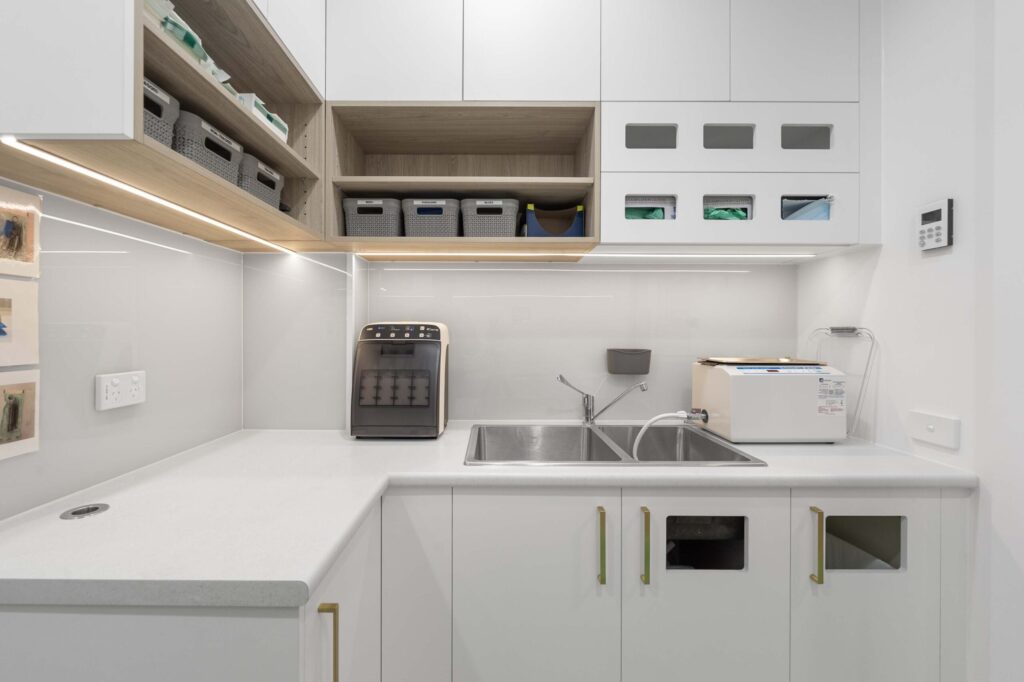
Choosing the Right Medical Equipment and Technology
Equipping your clinic with the right tools and technology is crucial for providing high-quality care. Here’s what you’ll need to think about:
- General practices: You’ll need basic diagnostic tools such as stethoscopes, blood pressure monitors, and ECG machines to ensure your clinic is ready for everyday care.
- Specialist clinics: If you’re opening a physiotherapy or dermatology clinic, you’ll need more specific equipment. For example, a physiotherapy clinic might need rehabilitation tools, while a dermatology clinic could require advanced imaging devices.
It’s not just about medical equipment, though—technology is key too. Investing in electronic health record (EHR) systems can streamline your admin processes, reduce paperwork, and make patient records easily accessible. With telehealth becoming more popular, you’ll also want to consider the infrastructure needed for virtual consultations.
Staffing and Operational Considerations
Running a medical clinic is about more than just treating patients. You’ll need a solid team to keep everything running smoothly. Depending on your clinic’s size and specialisation, your team might include:
- General practitioners and specialists
- Nurses and allied health professionals
- Administrative and reception staff
- Healthcare assistants
Beyond hiring APHRA-registered team members, it’s essential to provide ongoing training for your staff to ensure they’re up to date with the latest medical practices, technology, and patient care protocols.
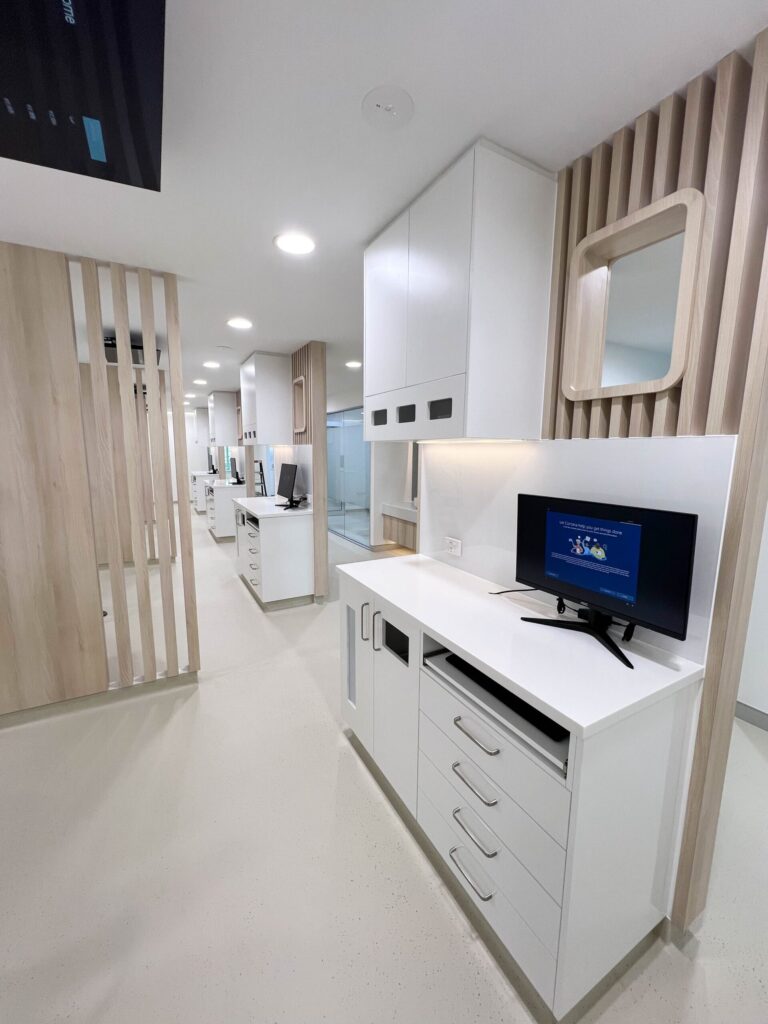
Sustainability and Future-Proofing
Sustainability is becoming more important across all industries, and healthcare is no different. Simple eco-friendly choices, like using energy-efficient lighting, installing solar panels, or opting for water-saving fixtures, can reduce your clinic’s environmental impact while also helping lower your long-term operational costs.
However, sustainability goes beyond just being environmentally conscious—it’s also about preparing your clinic for the future. With advancements in telemedicine, wearable health tech, and AI-driven diagnostics, it’s worth designing your clinic to easily adapt to these innovations. This ensures your clinic stays relevant and competitive as healthcare continues to evolve.
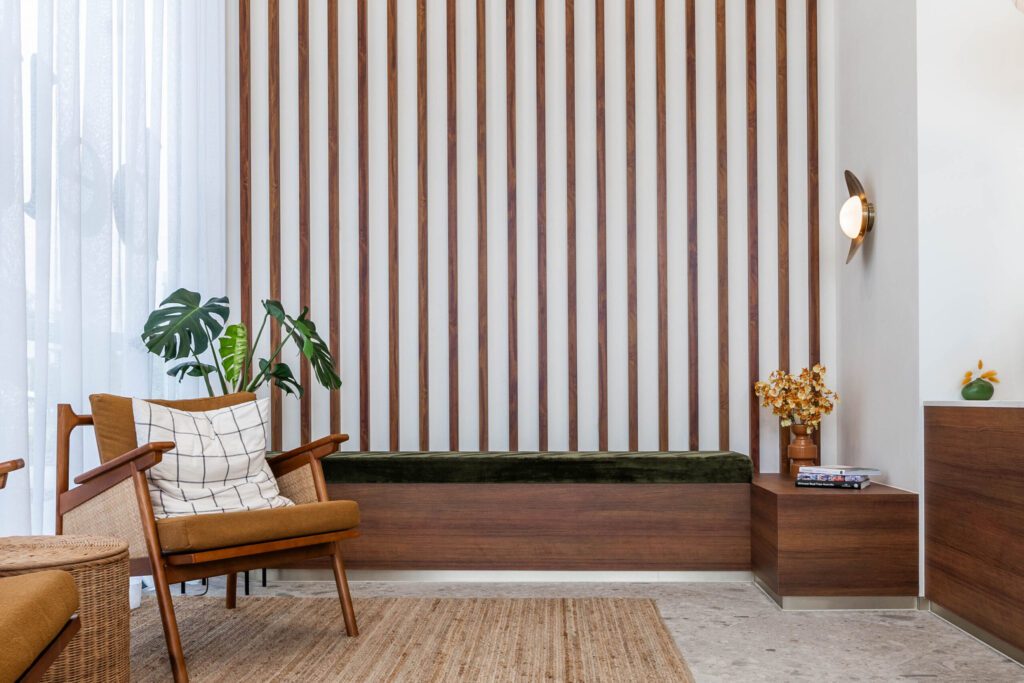
Effortlessly Meet Your Industry’s Standards with RiteSpace Construction
Setting up a medical clinic in Australia is a significant task, but with careful attention to essential medical clinic requirements, it’s a rewarding journey. From legal compliance to designing a functional, future-ready space, each step is crucial.
Partnering with experts like RiteSpace Construction ensures you can focus on delivering excellent care while we handle the complexities of your clinic setup. With our support, your clinic will meet today’s requirements and be prepared for tomorrow’s challenges. Get in touch with our team today to see how we can help bring your vision to life.
Resources:
- https://www.starkmed.com.au/blogs/news/australian-standards-for-medical-practices-in-australia?srsltid=AfmBOoq93DZnsu3R2GMYkm3pW959vVKC3dvliNXDEdBwWaTmx_Yn79E-
- https://elitefitout.com.au/medical-practice-design-guidelines/
- https://www.racgp.org.au/running-a-practice/practice-standards/standards-5th-edition/standards-for-general-practices-5th-ed/table-of-contents
- https://www.racgp.org.au/running-a-practice/practice-standards/racgp-infection-prevention-and-control-guidelines/table-of-contents
- https://www.safeworkaustralia.gov.au/law-and-regulation/codes-practice
- https://www.ahpra.gov.au/Accreditation.aspx
- https://www.ahpra.gov.au/Resources/Code-of-conduct.aspx
- https://www.medicalboard.gov.au/Codes-Guidelines-Policies/Code-of-conduct.aspx?_gl=1*1kbkyvv*_ga*NjA5NjYxMTUzLjE3Mjg4ODg4NDQ.*_ga_F1G6LRCHZB*MTcyODg4ODg0NC4xLjEuMTcyODg4OTU1NS4wLjAuMA..
- https://www.medicalboard.gov.au/Codes-Guidelines-Policies/Telehealth-consultations-with-patients.aspx#

